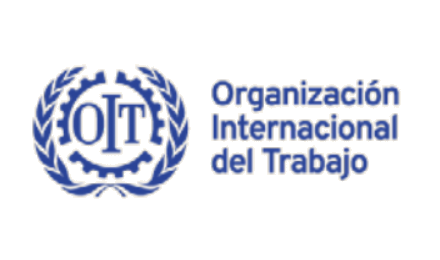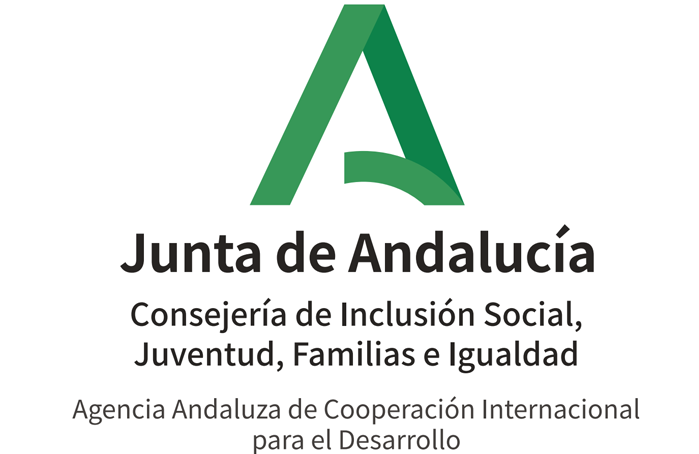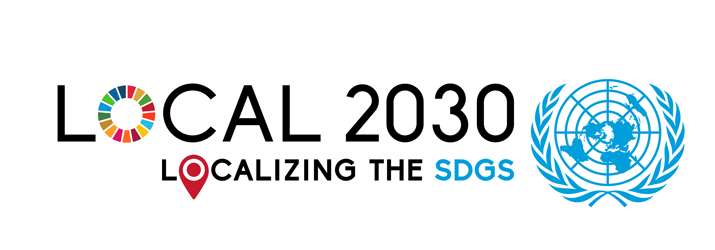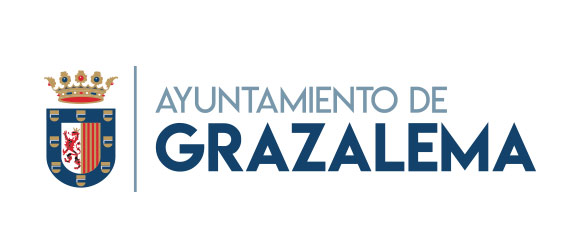Axis 1: The triple transition, decent work and social justice
In today’s world, humanity faces profound and interconnected challenges that demand swift and transformative responses. The effects of climate change, technological revolutions, and demographic shifts are reshaping the social, economic, and labor structures. This triple transition represents both an opportunity and a challenge, and in this context, it is essential to embrace the concept of a Just Transition, a framework that integrates sustainability, equity, and decent work.
The triple transition describes three major global transformations: the green, digital, and demographic transitions. The green transition aims to mitigate climate change by promoting sustainable economies, though it may impact traditional sectors like fossil fuels. The digital transition is revolutionizing employment and the economy, creating opportunities but also excluding those without access to technology or training. Meanwhile, the demographic transition, driven by aging populations and migration, challenges healthcare systems, social security, and labor markets, particularly in developing countries. These transitions require inclusive policies to safeguard the rights of all people, maximize benefits, and reduce inequalities.
These transitions, while necessary, may exacerbate existing inequalities, leaving the most vulnerable communities on the sidelines.
In this context, ensuring decent work is a priority. According to the International Labour Organization (ILO), decent work includes safe working conditions, fundamental rights, equal opportunities, and access to social protection and care. This model is essential to ensure that the benefits of change are distributed equitably and that people have the tools they need to adapt to new realities.
Social justice, in turn, aims to reduce economic, social, environmental, cultural, and political inequalities. It promotes the equitable distribution of resources, labor rights, and the participation of all people in decision-making processes. It is a vital component in building an inclusive and resilient society in the face of structural changes.
The concept of Just Transition has gained prominence in global discussions, particularly within the framework of the Sustainable Development Goals and the Paris Agreement. This approach seeks to ensure that communities, workers, and economic sectors affected by the transition to green and digital economies are not left behind.
The Just Transition is not merely an environmental goal; it is a model for inclusive socioeconomic transformation that involves: Promoting equity by protecting vulnerable communities and preventing inequalities; Ensuring labor protection by creating decent jobs in sustainable sectors and providing training to develop new skills; and Encouraging active participation by involving workers, communities, and social actors in decision-making processes.
This model aims to transform economies inclusively, balancing economic, social, and environmental progress.
- Dependence on traditional industries: In many regions, sectors such as mining and carbon-intensive manufacturing are economic mainstays. Transforming these industries without destabilising local economies requires careful investments and strategies.
- Funding: Structural transformations demand large resources. Local and international funds need to be mobilised, as well as incentives for private investment in clean technologies.
- Gender inequality: Without concrete measures, women may be left behind in new green jobs due to structural barriers and gender stereotypes.
- Training and education: Equipping workers with the skills needed to adapt to new industries is crucial but requires time and resources.
- Resistance to change: Communities and companies may resist abandoning traditional practices. Overcoming this barrier requires social dialogue and financial support.
Overcoming the challenges of global transitions requires a holistic approach, based on strategic and collaborative actions. Diversified economic planning must prioritise investments in renewable energy, energy efficiency and agro-ecology, boosting green and sustainable jobs. At the same time, it is crucial to implement vocational training programmes that prepare workers for the demands of the economies of the future.
Inclusive social dialogue ensures the active participation of governments, business, trade unions and citizens in the design of transformative policies. In addition, gender-specific policies should promote equal access in emerging sectors, removing structural barriers for women.
Strengthening social protection systems is essential to protect the most vulnerable during transition periods. Finally, international cooperation must mobilise resources and build global partnerships to support low-income countries on their path to sustainable and equitable economies.
The United Nations Development Programme (UNDP) stresses that a Just Transition not only has economic benefits, but also the potential to drive profound social change. Reforming existing systems can strengthen climate equity and social equality, generating long-term benefits for all communities.
However, this approach must prioritise the most vulnerable communities, which are most affected by economic shocks, inflation and debt risks. To this end, it is essential to ensure that the costs of transition are distributed equitably, with targeted support to those most in need.
The coming years will be decisive in determining whether the transitions to green and digital economies will be a driver of equitable development or a factor of exclusion. Adopting an approach based on social justice and decent employment is the only way to ensure that no one is left behind in this process.
Just Transition is an opportunity to redefine how we produce, consume and live together, laying the foundations for a truly sustainable future for all generations.



































